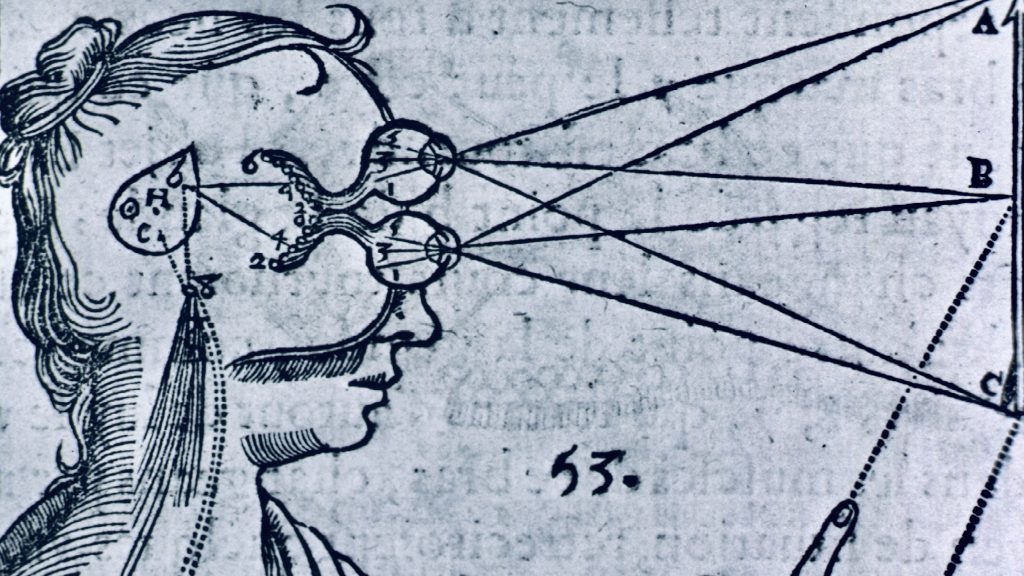
As watches move from fitness trackers to medical devices, questions emerge such as, what is a healthcare system’s responsibility to work with individually collected data?
As wearable technology evolves we can anticipate a type of data confrontation between tech-empowered individuals and health systems. Boundaries will be drawn by physicians, health systems and patients.
Physicians: Collective action as consumer advocacy
The public needs guidance with how they should or shouldn’t apply the next great biosensor. Ideally we should have collective, expert-driven guidance that comes from physicians. But a variety of forces have influenced the way physicians see themselves in the general discourse. Our role is evolving very quickly and most of us have failed to adapt at a level consistent with the rate of change around us.
Maybe the rise of personal health technology is an opportunity for professional redefinition. At a time when patients are choosing to do more own, physicians have an opportunity to reconnect. This is a chance to create a new kind of relevance in a changing world.
Health systems: Creating boundaries for what’s safe
Tightly connected to the way health professionals help translate the utility of new technology, hospitals and health systems need to consider where patient collected data fits into their information ecosystem. What kinds of patient data will or will not be accepted in a system’s workflow? What are the limits of what a patient can bring in through the front door (or the portal)?
How hospitals and systems interface with externally generated data will emerge as a real information technology concern in the near future.
Patients: Individual responsibility for the use of technology
While we talk about how physicians and hospitals will handle personal health data, there needs to be some discussion of the responsibility of the patients.
With power comes responsibility. And as patients become more empowered they have to take responsibility for the decisions they make around self-quantification.
As personal diagnostic technologies continue to appear, patients will need to consider who is going to shape their data into actionable knowledge and wisdom. If a patient chooses to capture their cardiac rhythm or any biometric, they need to determine who’s going to have their back when things don’t make sense.
Data confrontation as a defining moment in digital health
Going forward health systems and organized professionals will decide where they’re going to draw the line with personal health technology. And I suspect the Apple Watch Series 4 EKG functionality will be seen as a clarion moment. A time when we began to confront who’s responsible for what we individually measure and record.
Image from Rene Descartes via the National Library of Medicine